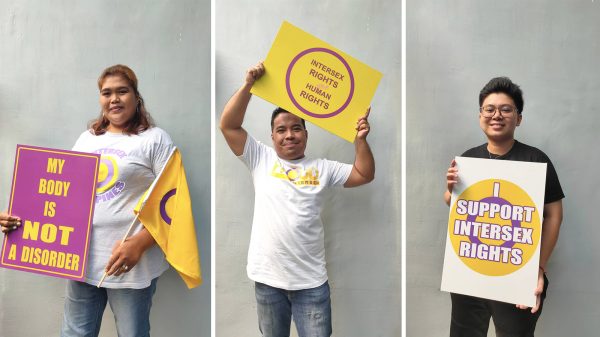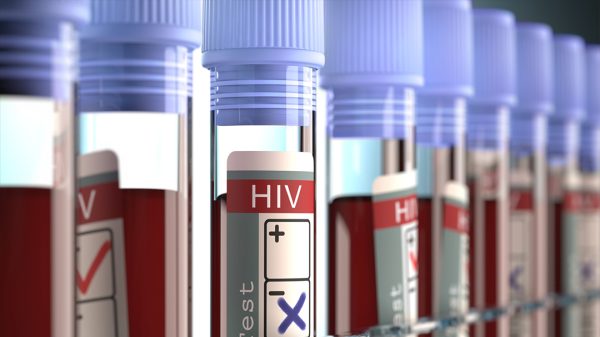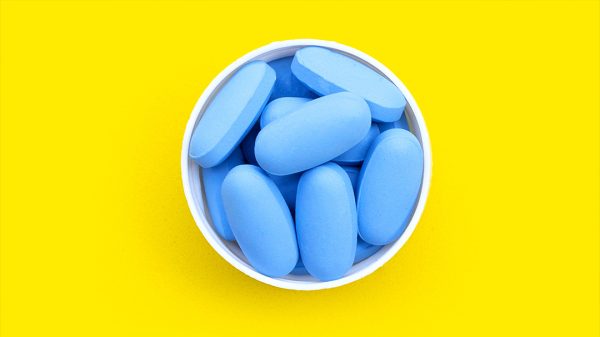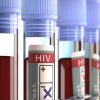Puberty blockers and gender-affirming hormones are rarely prescribed to transgender and gender diverse (TGD) adolescents. This belies the narrative used by ant-LGBTQIA politicians who claim that “millions of children are using hormones and that this type of care is too freely given”.
This is according to a study – “Gender-Affirming Medications Among Transgender Adolescents in the US, 2018-2022” by Landon D. Hughes, Brittany M. Charlton, Isa Berzansky, et al – that appeared in JAMA Pediatrics.
“The politicization of gender-affirming care for transgender youth has been driven by a narrative that millions of children are using hormones and that this type of care is too freely given. Our findings reveal that is not the case,” said lead author Hughes.
Here, the researchers analyzed private insurance claims data from 2018 to 2022, representing more than 5.1 million young patients ages eight to 17. They identified transgender or gender-diverse patients based on a gender-related diagnosis and then checked if they received puberty blockers or gender-affirming hormones. They then calculated the rate of adolescents who are TGD and receiving this care per 100,000 privately insured adolescents according to age and sex assigned at birth.
Some of the study’s key findings include:
- Less than 0.1% of minors with private insurance are TGD and received puberty blockers or gender-affirming hormone treatment
- No TGD patients under age 12 were prescribed gender-affirming hormones.
- Use of puberty blockers and gender-affirming hormones was more common among TGD adolescents assigned female sex at birth than those assigned male sex at birth.
The researchers noted that higher rates of puberty blocker and hormone prescriptions for TGD patients assigned female sex at birth aligned with an earlier onset of puberty for people who are female vs. male sex assigned at birth.
“Overall, very few TGD youth access gender-affirming care, which was surprisingly low, given that over 3% of high school youth identify as transgender,” said senior author Corman. “Among those that do, the timing of care aligns with the standards outlined by the World Professional Association for Transgender Health, the Endocrine Society, and the American Academy of Pediatrics.”
The researchers also noted that the study likely reflects the highest rates of puberty blocker and hormone use by adolescents, given the study used private insurance data, likely reflecting greater access to gender-affirming care. Lower rates would be expected among the uninsured, Medicaid recipients, and those with less comprehensive private insurance.


































































